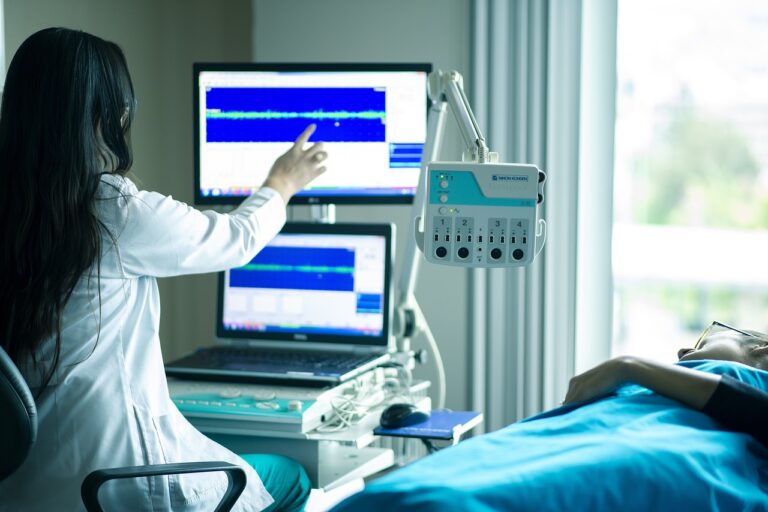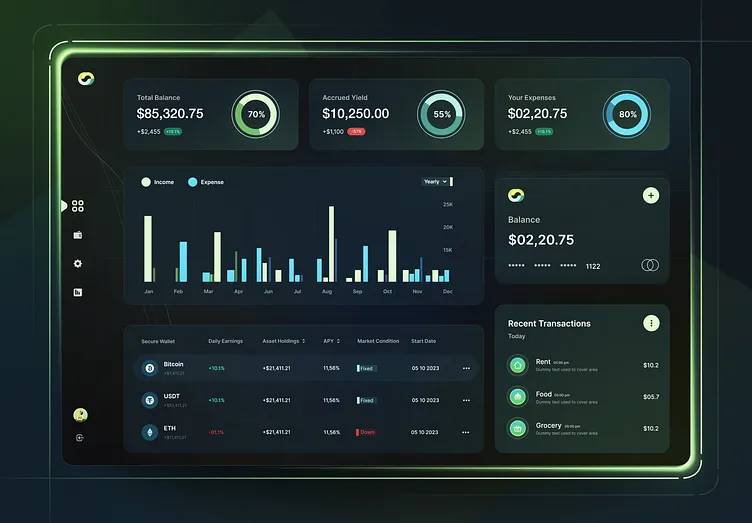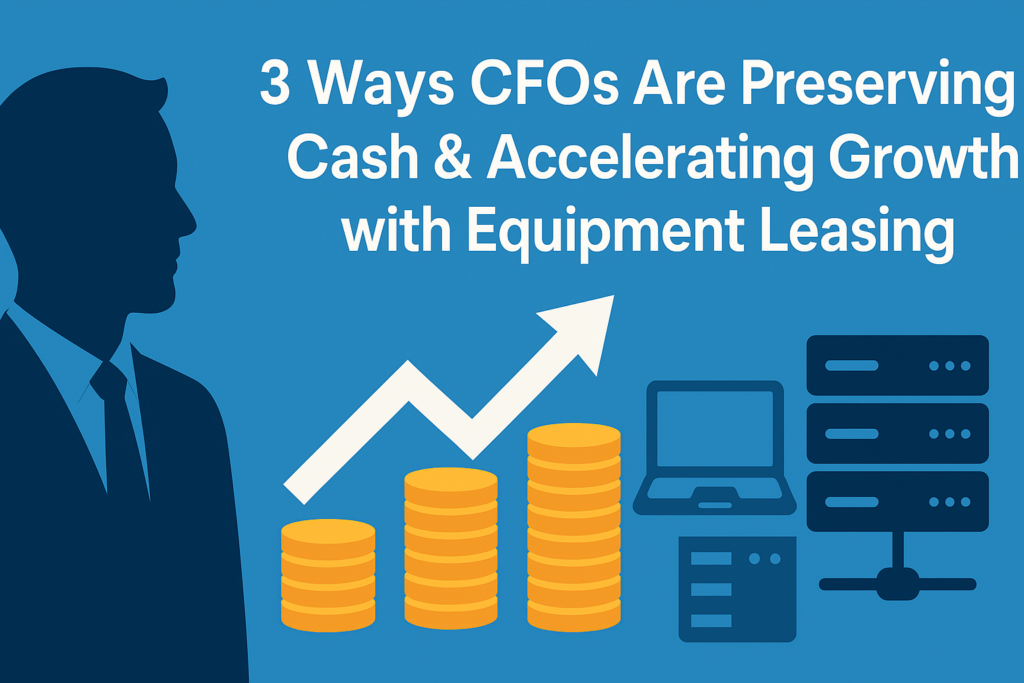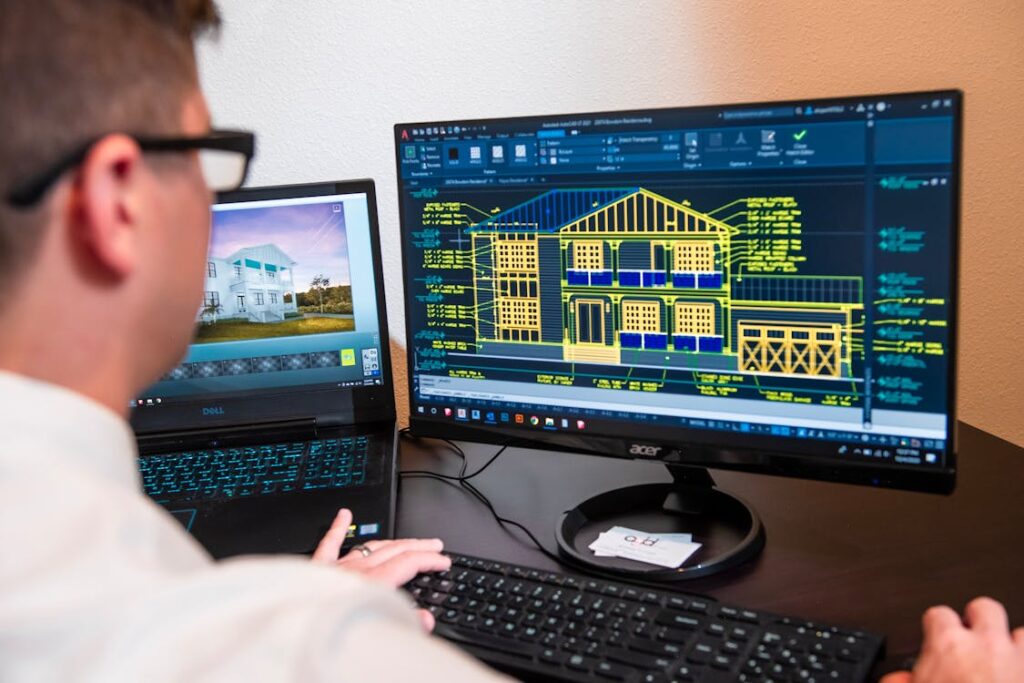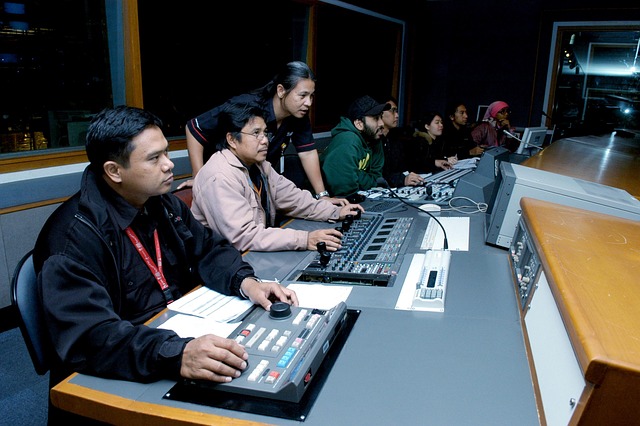In today’s fast-paced healthcare environment, C-level executives face mounting pressure to balance the demands of patient care with the realities of financial sustainability. With advancements in medical technology occurring at breakneck speed, the question of how to acquire the latest equipment without straining financial resources becomes paramount. For many healthcare facilities, medical equipment leasing presents a viable solution that addresses these challenges.
At Lion Tech Finance, we understand the unique needs of healthcare providers. Our leasing solutions are designed to empower hospitals and clinics to acquire state-of-the-art medical equipment while preserving capital and maximizing cash flow. Here, we explore the top five benefits of medical equipment leasing, illustrating how it can be a strategic financial move for your organization.
1. Preserve Capital and Enhance Cash Flow
One of the most significant advantages of medical equipment leasing is the ability to preserve capital. For many healthcare organizations, the upfront costs associated with purchasing new equipment can be a major hurdle. Leasing allows facilities to acquire the necessary equipment without a hefty initial investment. Instead, payments are spread over the lease term, enabling better cash flow management.
Example:
A mid-sized hospital needs a new MRI machine, which costs over $2 million. Instead of paying the full amount upfront, the hospital can lease the equipment, making manageable monthly payments. This preserves their capital for other critical investments, such as expanding patient services or hiring additional staff. By maintaining cash flow, healthcare executives can allocate funds more effectively, ensuring that patient care remains a top priority without compromising financial health.
Real-World Insight:
Consider the example of a regional hospital that decided to lease rather than buy several critical pieces of equipment, including an ultrasound machine and a CT scanner. By opting for leasing, the hospital saved over $500,000 in upfront costs, which it reinvested into patient care initiatives, such as hiring additional nursing staff and expanding telehealth services. This decision not only improved patient satisfaction but also positioned the hospital as a leader in community health services.
2. Access to Cutting-Edge Technology
The rapid advancement of medical technology means that what is state-of-the-art today may quickly become outdated. Leasing provides healthcare providers with the flexibility to upgrade their equipment more frequently, ensuring they stay competitive. With leasing, organizations can easily transition to newer models as they become available, allowing for continuous improvement in patient care.
Key Financial Benefit:
By opting for a lease, hospitals can replace aging equipment without incurring significant additional costs. This flexibility is crucial for maintaining a high standard of care, as patients increasingly expect access to the latest treatments and technologies.
Real-World Application:
Consider a surgical center that leases robotic surgical systems. By leasing rather than purchasing, the center can upgrade to the latest technology every few years, thereby improving surgical outcomes and attracting more patients seeking advanced treatment options. For instance, a surgical center that switched to a newer robotic system saw a 25% increase in surgeries performed, due in part to enhanced precision and patient outcomes.
Industry Impact:
Leasing also allows healthcare providers to remain agile in an industry characterized by rapid change. For example, during the COVID-19 pandemic, many hospitals turned to leasing to quickly acquire ventilators and telehealth technology. This ability to adapt and scale operations in response to urgent needs illustrates the strategic advantage of leasing in the healthcare sector.
3. Tax Advantages of Medical Equipment Leasing
Leasing medical equipment often comes with significant tax benefits. Many lease payments can be deducted as a business expense, which can help reduce taxable income. This advantage allows healthcare facilities to keep more of their earnings, thereby enhancing cash flow.
Tax Implications:
The IRS often classifies lease payments as operational expenses, which means they can be deducted in the same tax year they are incurred. This creates immediate financial relief, allowing organizations to reinvest the savings into their operations.
Example:
A healthcare facility that leases a $500,000 MRI machine might deduct the entire lease payment from its taxable income. This can translate to substantial savings, depending on the facility’s tax bracket. For instance, if the facility is in a 30% tax bracket, the deduction could result in a tax savings of $150,000 over the life of the lease.
Additional Insights:
Furthermore, organizations should consult with financial advisors to fully understand the implications of lease versus purchase decisions. While the immediate cash flow benefits of leasing are clear, strategic financial planning can amplify these advantages. For instance, some facilities may choose to lease essential equipment, thereby freeing up capital to invest in technology that directly enhances patient care.
4. Flexible Payment Structures
Every healthcare organization has unique financial needs and goals. Leasing offers flexible payment structures that can be customized to fit specific budgetary constraints. At Lion Tech Finance, we work closely with our clients to develop lease agreements that align with their financial strategies.
Key Benefits of Flexible Payments:
Tailored Payment Plans: Organizations can choose from a variety of payment schedules—monthly, quarterly, or annually—based on cash flow cycles. This adaptability is especially beneficial for facilities that experience fluctuations in revenue throughout the year.
Adjustable Terms: Lease terms can be customized to accommodate the specific needs of the organization, allowing for longer or shorter agreements based on projected equipment usage. For example, a clinic anticipating an influx of patients may choose a shorter lease term to upgrade more frequently.
Case Study:
A large hospital network decided to lease rather than buy its imaging equipment to manage its budget better. They established a payment plan that aligned with their patient volume cycles, allowing them to maintain operations without the burden of large upfront costs. The flexibility in their leasing agreement resulted in a 15% increase in available cash flow, which was subsequently used to enhance community health programs.
5. Reduced Risk and Maintenance Costs
Owning medical equipment comes with inherent risks, including maintenance, repair, and depreciation costs. When a facility owns the equipment, it bears the full responsibility for upkeep and eventual replacement. Leasing can significantly minimize these risks by transferring some of these responsibilities to the leasing company.
Key Financial Benefit:
With leasing agreements, healthcare providers may benefit from included maintenance services or warranties, reducing unforeseen costs associated with repairs or equipment failures. This not only saves money but also ensures that the equipment is always in optimal condition, directly benefiting patient care.
Example:
A hospital leasing imaging equipment might have a contract that includes regular maintenance checks and repairs, meaning they won’t face unexpected costs if the machinery malfunctions. This predictability can be crucial for budgeting purposes and ensures that financial resources are used efficiently. A healthcare organization that previously experienced frequent equipment breakdowns reported a 40% reduction in maintenance costs after switching to leasing.
Broader Impact:
Moreover, reduced ownership risks can lead to enhanced operational efficiency. By outsourcing maintenance responsibilities, healthcare providers can allocate their internal resources to core activities, such as patient care and service improvement initiatives. This shift in focus not only optimizes operational workflows but also elevates the overall quality of care delivered.
Conclusion: Why Choose Lion Tech Finance for Medical Equipment Leasing?
As C-level executives, making strategic financial decisions that align with your organization’s mission is paramount. Medical equipment leasing offers numerous advantages, including capital preservation, access to the latest technology, tax benefits, flexible payment options, and reduced financial risk.
At Lion Tech Finance, we specialize in providing tailored leasing solutions that empower healthcare providers to focus on what they do best—delivering exceptional patient care. By partnering with us, you can ensure that your facility is equipped with the latest technology while maintaining financial stability.
Call to Action:
If you’re ready to explore how medical equipment leasing can transform your financial strategy and enhance patient care, contact us today for a personalized consultation. Let Lion Tech Finance help you navigate the complexities of healthcare finance, ensuring your organization remains at the forefront of innovation. Get started today by filling this form out.
